Search
 News
News
High-quality Patient Outcomes With Minimally Invasive Cardiac Surgery
Rapidly emerging innovations are transforming the management of structural heart disease. The UC San Francisco Cardiac Surgery Program is on the forefront of these advances, including the latest minimally invasive techniques. Video
Video
What’s Hidden in the Female Heart: Keys to Identifying Women at Risk for Cardiovascular Disease
Cardiologist Jie Yang, MD, breaks down the evidence by age group and offers actionable steps for helping patients lower their risk. Document
Document
Cardiac Surgery Program
The UCSF Cardiac Surgery Program is committed to surgical excellence, world-class patient care, pioneering research and education. Document
Document
UCSF MD Link: Web-Based Communication Portal for Physicians
Our web portal allows referring physicians to securely access their patients’ entire electronic health record, make online referral requests and communicate with our physicians directly and securely. Video
Video
Don’t Lose Heart: Responding to Cardiovascular Effects of the Pandemic
Cardiologist and echocardiographer Nisha I. Parikh, MD, MPH, discusses acute and chronic cardiovascular issues in COVID patients, and how imaging can help with early diagnosis and monitoring treatment response. She also looks at the consequences of delayed care for heart events due to patients’ pandemic-related anxiety. Document
Document
UCSF Center for Limb Preservation and Diabetic Foot
Our center combines the skills of renowned vascular surgeons, podiatrists and limb preservation specialists to provide comprehensive vascular and podiatric care for patients with limb-threatening conditions.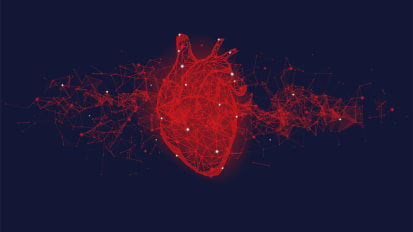 Video
Video
Reshaping Care for Heart Failure: The Promise of New Drugs and Devices
Heart failure is increasingly prevalent and continues to have a high mortality rate, yet the future isn’t bleak. Cardiologist Liviu Klein, MD, MS, director of the UCSF Mechanical Circulatory Support Program, presents cutting-edge therapeutic options, including drugs, surgical implants and advanced monitoring systems.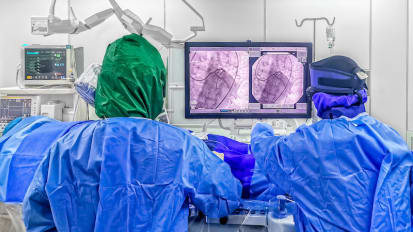 Video
Video
COVID-19 Consequences: Is the Ticker a Ticking Time Bomb?
Cardiologist Clifton Watt, MD, explores what’s now known about the SARS-CoV-2 variants as well as COVID-related multisystem inflammatory disorders, explains COVID’s potential for residual effects on the heart, and offers help with identifying COVID “long haulers.” Bonus: update on outpatient therapeutics.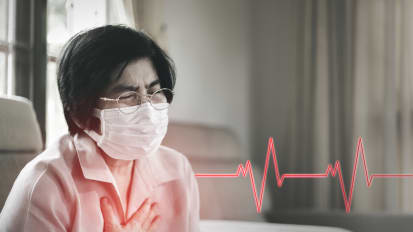 Video
Video
Comorbidities and COVID: Care for Patients With Heart Disease and Other Conditions
Breaking down the latest stats, cardiologist Clifton Watt, MD, sheds light on which chronic conditions raise the risk of serious consequences from COVID-19 infection. Video
Video
Keep Them on Their Feet: Vigilant Diabetic Care Saves Limbs
In response to rising rates of diabetes and related amputations, the co-directors of UCSF’s Center for Limb Preservation – which has a limb salvage rate of 92 percent – present a quick guide to detecting amputation risk. They include COVID-specific advice to prevent delays in diagnosis and referral. Video
Video
A Common Threat to Life and Limb: Detect and Manage Peripheral Artery Disease
Michael S. Conte, MD, UCSF’s chief of vascular surgery, discusses the growing problem of PAD, subtleties of PAD signs, useful testing techniques, which patients to treat, therapeutic options, and how to educate your patients – especially diabetics – to safeguard their health.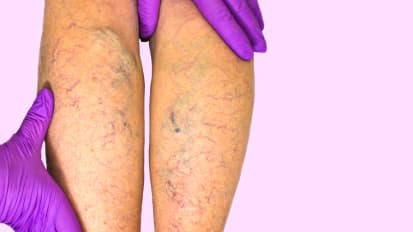 Video
Video
Chronic Venous Insufficiency: Caring for a Common and Disabling Condition
Proper classification and appropriate treatment of CVI will relieve pain and improve quality of life. Interventional radiologist Alexander Lam, MD, presents current guidelines and therapeutic options. Document
Document
Comprehensive Sarcoidosis Management and Treatment
Diagnosing sarcoidosis is a challenging process. UCSF’s team of specialists are experts in diagnosing and treating this elusive chronic condition.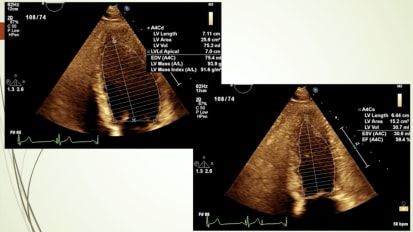 Video
Video
Introduction to Strain Imaging Echocardiography
Clifton Watt, MD, explains that echocardiography is one of the most common noninvasive tools used in cardiology to date, while strain imaging is a supplementary way to assess myocardial function.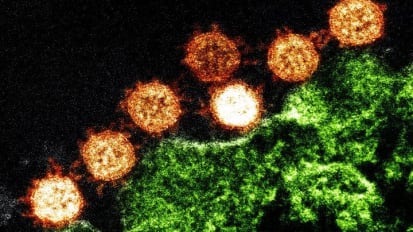 News
News
As Mysterious Coronavirus Spreads, An Infectious Disease Expert Explains What You Should Know
A new coronavirus, related to the SARS and MERS diseases that have caused epidemics, has been discovered in China and started to spread. Video
Video
Cardiac MRI and 3D+ Technologies: Transformative Care in Congenital Heart Disease
Cardiac imaging specialist Dr. Shafkat Anwar explains how MRI facilitates better management of patients born with heart defects, while technologies such as 3D printing can improve surgical planning, efficiency, outcomes and training. Video
Video
Using VADs in Advanced Heart Failure: Caring for a Growing Population
With heart failure’s prevalence and poor prognosis, it’s important to understand the difference VADs can make. Cardiologist Dr. Liviu Klein discusses the latest devices, implantation techniques and monitoring methods, as well as outcomes and best candidates.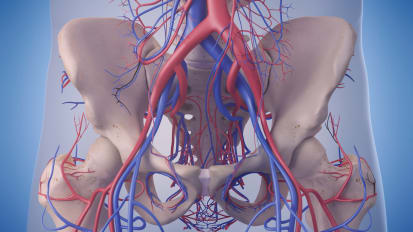 Video
Video
Optimize Spinal Surgery Outcomes Through Teamwork
Vascular surgeon Dr. Charles Eichler discusses UCSF’s success with including vascular surgeons in lumbar fusion procedures and finding the least invasive approach for each patient. Document
Document
2019-20 Referral Services Guide
UCSF Health is recognized throughout the world for innovative treatments, advanced technology, collaboration among clinicians and scientists, and a highly compassionate team of patient care providers.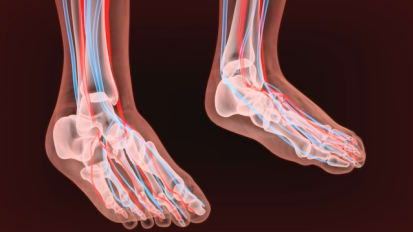 Video
Video
Limb Preservation for Patients with Diabetic Foot Ulcers
Michael S. Conte, MD, provides an overview of the various noncardiac and extracranial blood vessel conditions treated by the Division of Vascular & Endovascular Surgery. Video
Video
Transcatheter Heart Valve Therapies: Transformative Technology in Health Care
Vaikom Mahadevan, MD, discusses the history of transcatheter valve implants and their advantages, including less risk, less blood loss and shorter hospital stays.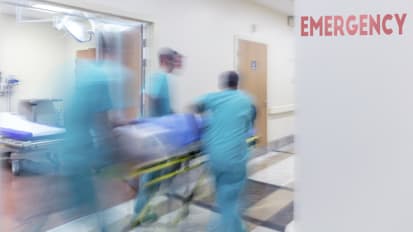 Video
Video
Redefining Sudden Cardiac Death
Zian H. Tseng, MD, discusses the conclusions of the UCSF Prospective Countywide Surveillance and Autopsy Characterization of Sudden Cardiac Death (POST SCD) Study. Video
Video
Minimally-Invasive Mitral Valve Surgery
Tobias Deuse, MD, discusses the advantages of minimally invasive approaches for the treatment of mitral valve insufficiency. Video
Video
Prenatal Diagnosis of Congenital Heart Disease: Can We Make a Difference?
Anita Moon-Grady, MD, FAAP, FACC, discusses congenital heart disease (CHD), the most common cause of infant death due to birth defect in the United States.


